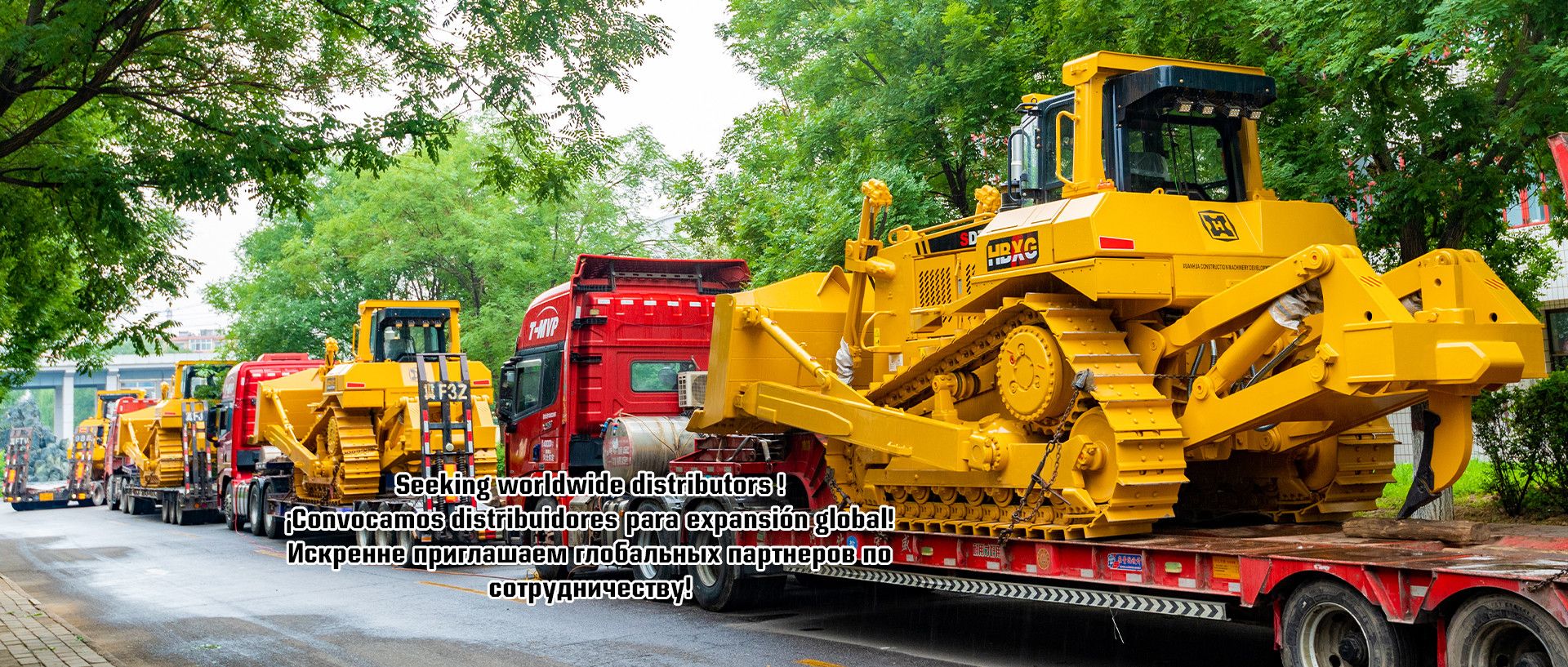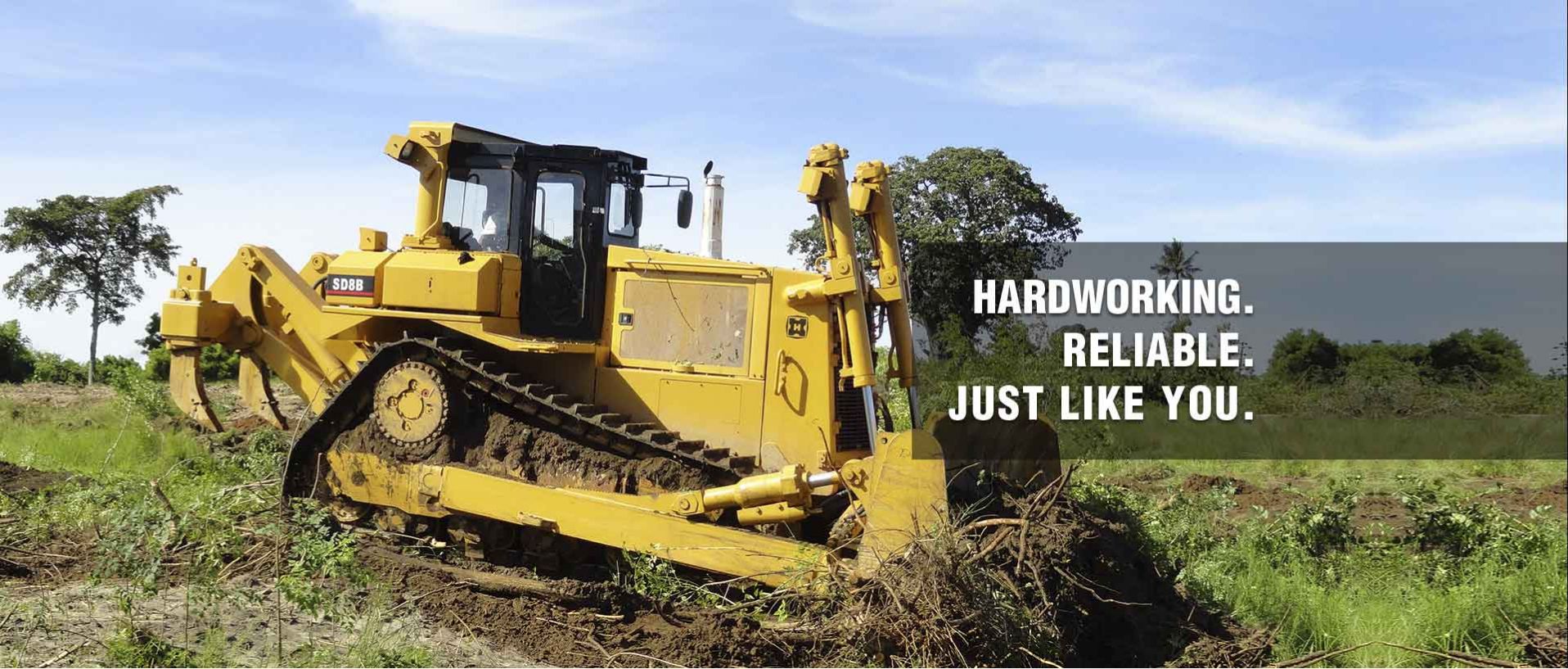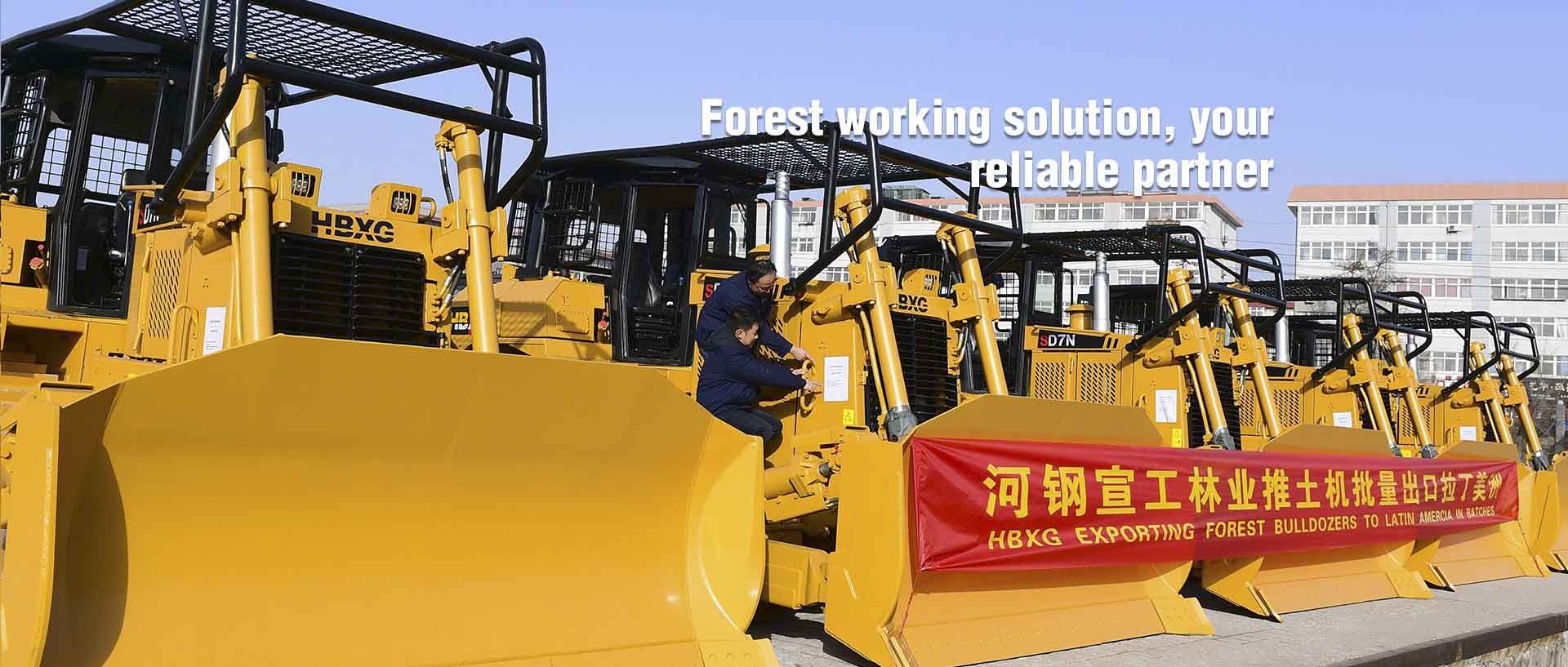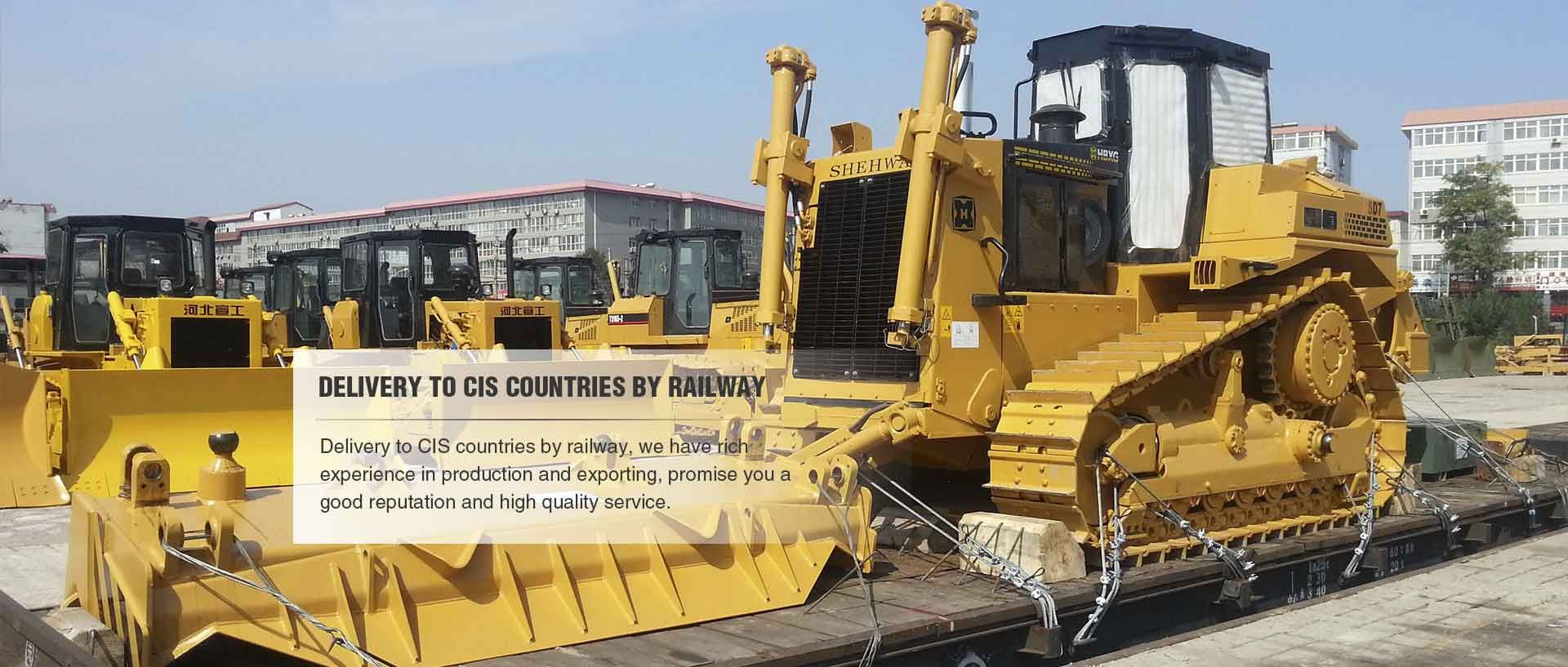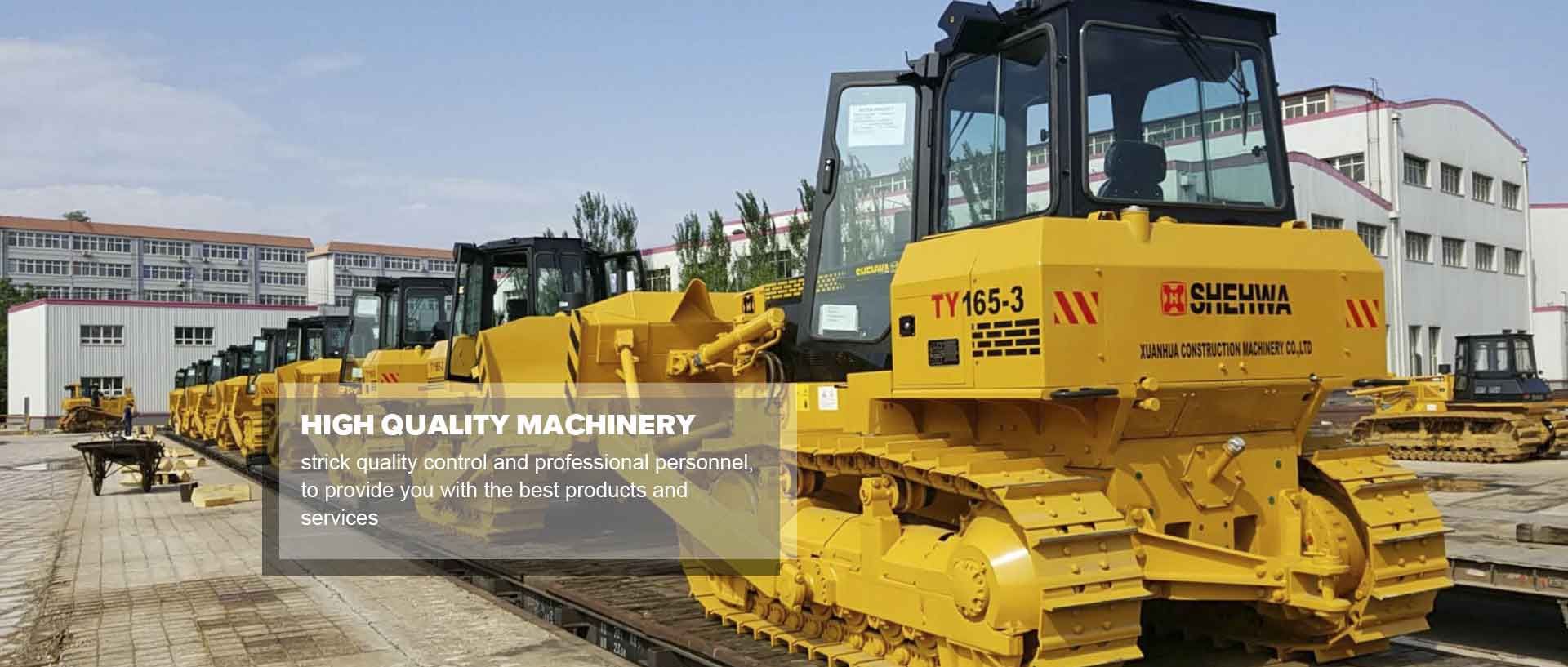Road Rollers: Everything You Need to Know
 Oct. 22, 2024
Oct. 22, 2024
Road rollers are essential machines in the construction industry, primarily used for compacting soil, gravel, concrete, and asphalt during the creation of roads and other structures. Understanding the types, uses, and benefits of road rollers can help you choose the right one for your project. In this article, we will cover everything you need to know about road rollers, including their different types, working principles, and common applications.
What Are Road Rollers?
Road rollers, also known as compaction rollers or simply rollers, are heavy machinery designed to compact different types of surfaces. These machines use a combination of static pressure, vibration, and impact to reduce the air pockets in the material, resulting in a dense, flat surface. They play a crucial role in road construction, ensuring that the surface is smooth and compact, which improves the lifespan and durability of roads.
Types of Road Rollers
There are several types of road rollers, each designed for specific tasks and materials. The main types include:
1. Smooth-Wheeled Rollers: These rollers have a smooth drum surface and are ideal for compacting asphalt layers and other granular materials. They can be static or vibratory, depending on the job requirements.
2. Pneumatic-Tired Rollers: These rollers have multiple rubber tires and are used for compacting materials like soil, asphalt, and granular layers. They provide a more uniform compaction due to the kneading effect of the tires.
3. Sheepsfoot Rollers: This type features a drum with a series of projections (sheepsfoot) that compact the soil by kneading it. They are ideal for compacting cohesive soils like clay and silt.
4. Vibratory Rollers: These rollers use vibratory force along with static weight to achieve better compaction. They are suitable for compacting non-cohesive materials like sand and gravel.
How Do Road Rollers Work?
The operation of road rollers is relatively straightforward. The machine moves across the surface that needs compaction, applying pressure through its heavy drum or tires. Depending on the type of roller, vibration or kneading action is also applied, which helps reduce air pockets and increase the density of the material. This results in a more stable and durable surface that is essential for road construction.
Some road rollers are equipped with vibratory mechanisms that increase the impact force, improving the compaction process. In general, multiple passes are required to achieve the desired level of compaction.
Applications of Road Rollers
Road rollers are used in a variety of applications, primarily related to construction and infrastructure development. Some of the most common uses include:
1. Road Construction: Road rollers are critical in the construction of highways, streets, and parking lots. They are used to compact the base layers of gravel and asphalt to create a smooth, durable surface.
2. Landfill Compaction: Road rollers are used in landfills to compact the waste materials, helping to conserve space and prevent the formation of voids in the landfill.
3. Railway Construction: In railway construction, rollers are used to compact the ballast and other materials used to support the tracks.
4. Landscaping Projects: Rollers are also employed in landscaping to compact soil and other materials, providing a stable foundation for plants or other structures.
Benefits of Using Road Rollers
Using road rollers offers several advantages, including:
1. Improved Surface Stability: Road rollers create a stable and smooth surface by reducing air pockets and increasing material density, which extends the life of roads and other infrastructure.
2. Increased Durability: Properly compacted surfaces are less prone to cracking, settling, or erosion, making them more durable and cost-effective in the long run.
3. Enhanced Load-Bearing Capacity: Compacted surfaces can support heavier loads without shifting or sinking, making them ideal for roads, highways, and other high-traffic areas.
4. Efficient Construction: Road rollers allow for faster and more efficient compaction, helping to speed up construction timelines and reduce labor costs.
Questions and Answers About Road Rollers
Q: What type of road roller is best for asphalt compaction?
A: Smooth-wheeled rollers, particularly vibratory rollers, are ideal for compacting asphalt layers. They provide a smooth finish and uniform compaction for road surfaces.
Q: Can road rollers be used for compacting soil?
A: Yes, road rollers are commonly used to compact soil, especially in construction projects that require stable foundations. Sheepsfoot rollers are particularly effective for compacting cohesive soils like clay.
Q: How do vibratory rollers differ from static rollers?
A: Vibratory rollers use vibration along with static weight to achieve better compaction, making them more effective for non-cohesive materials like sand and gravel. Static rollers rely solely on their weight for compaction.
Q: How many passes are required for effective compaction?
A: The number of passes depends on the type of material being compacted, the roller type, and the project requirements. In general, multiple passes are needed to achieve optimal compaction levels.















